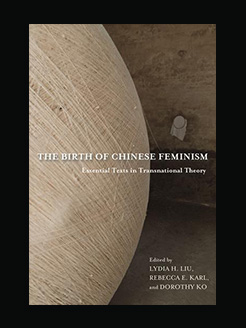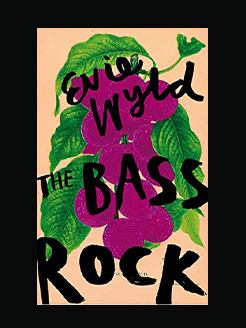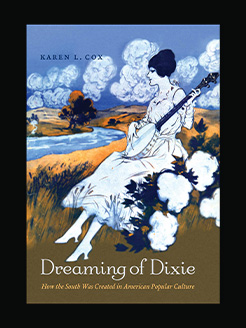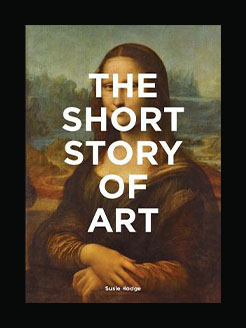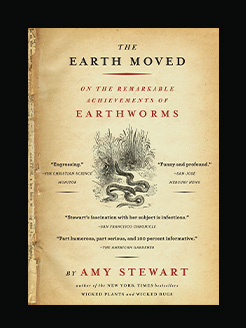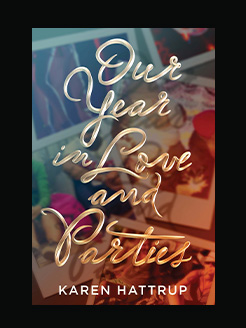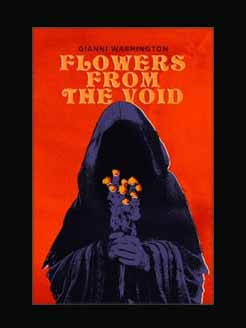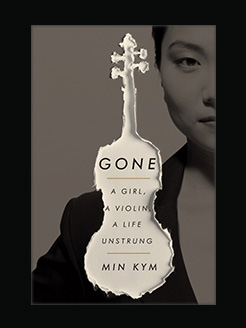Published in 2021
320 pages
Shirley Jackson was an influential American author. A popular writer in her time, her work has received increasing attention from literary critics in recent years. She has influenced such writers as Stephen King, Nigel Kneale, and Richard Matheson.
She is best known for her dystopian short story, “The Lottery” (1948), which suggests there is a deeply unsettling underside to bucolic, smalltown America. In her critical biography of Shirley Jackson, Lenemaja Friedman notes that when Shirley Jackson’s story “The Lottery” was published in the June 28, 1948, issue of The New Yorker, it received a response that “no New Yorker story had ever received.” Hundreds of letters poured in that were characterized by, as Jackson put it, “bewilderment, speculation and old-fashioned abuse.”
Jackson’s husband, the literary critic Stanley Edgar Hyman, wrote in his preface to a posthumous anthology of her work that “she consistently refused to be interviewed, to explain or promote her work in any fashion, or to take public stands and be the pundit of the Sunday supplements. She believed that her books would speak for her clearly enough over the years.” Hyman insisted the darker aspects of Jackson’s works were not, as some critics claimed, the product of “personal, even neurotic, fantasies”, but that Jackson intended, as “a sensitive and faithful anatomy of our times, fitting symbols for our distressing world of the concentration camp and the Bomb”, to mirror humanity’s Cold War-era fears. Jackson may even have taken pleasure in the subversive impact of her work, as revealed by Hyman’s statement that she “was always proud that the Union of South Africa banned The Lottery‘, and she felt that they at least understood the story”.
In 1965, Jackson died of heart failure in her sleep, at her home in North Bennington Vermont, at the age of 48.
What is this book about?
A bewitchingly brilliant collection of never-before-published letters from the renowned author of “The Lottery” and The Haunting of Hill House
Shirley Jackson is one of the most important American authors of the last hundred years and among America’s greatest chroniclers of the female experience. This extraordinary compilation of personal correspondence has all the hallmarks of Jackson’s beloved fiction: flashes of the uncanny in the domestic, sparks of horror in the quotidian, and the veins of humor that run through good times and bad.
“I am having a fine time doing a novel with my left hand and a long story—with as many levels as Grand Central Station—with my right hand, stirring chocolate pudding with a spoon held in my teeth, and tuning the television with both feet.”
Written over the course of nearly three decades, from Jackson’s college years to six days before her early death at the age of forty-eight, these letters become the autobiography Shirley Jackson never wrote. As well as being a bestselling author, Jackson spent much of her adult life as a mother of four in Vermont, and the landscape here is often the everyday: raucous holidays and trips to the dentist, overdue taxes and frayed lines of Christmas lights, new dogs, and new babies. But in recounting these events to family, friends, and colleagues, she turns them into remarkable stories: entertaining, revealing, and wise. At the same time, many of these letters provide fresh insight into the genesis and progress of Jackson’s writing over nearly three decades.
“The novel is getting sadder. It’s always such a strange feeling—I know something’s going to happen, and those poor people in the book don’t; they just go blithely on their ways.”
Compiled and edited by her elder son, Laurence Jackson Hyman, in consultation with Jackson scholar Bernice M. Murphy and featuring Jackson’s own witty line drawings, this intimate collection holds the beguiling prism of Shirley Jackson—writer and reader, mother and daughter, neighbor and wife—up to the light.
